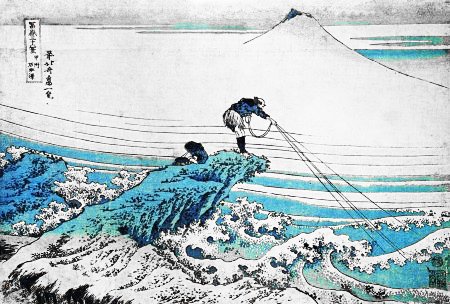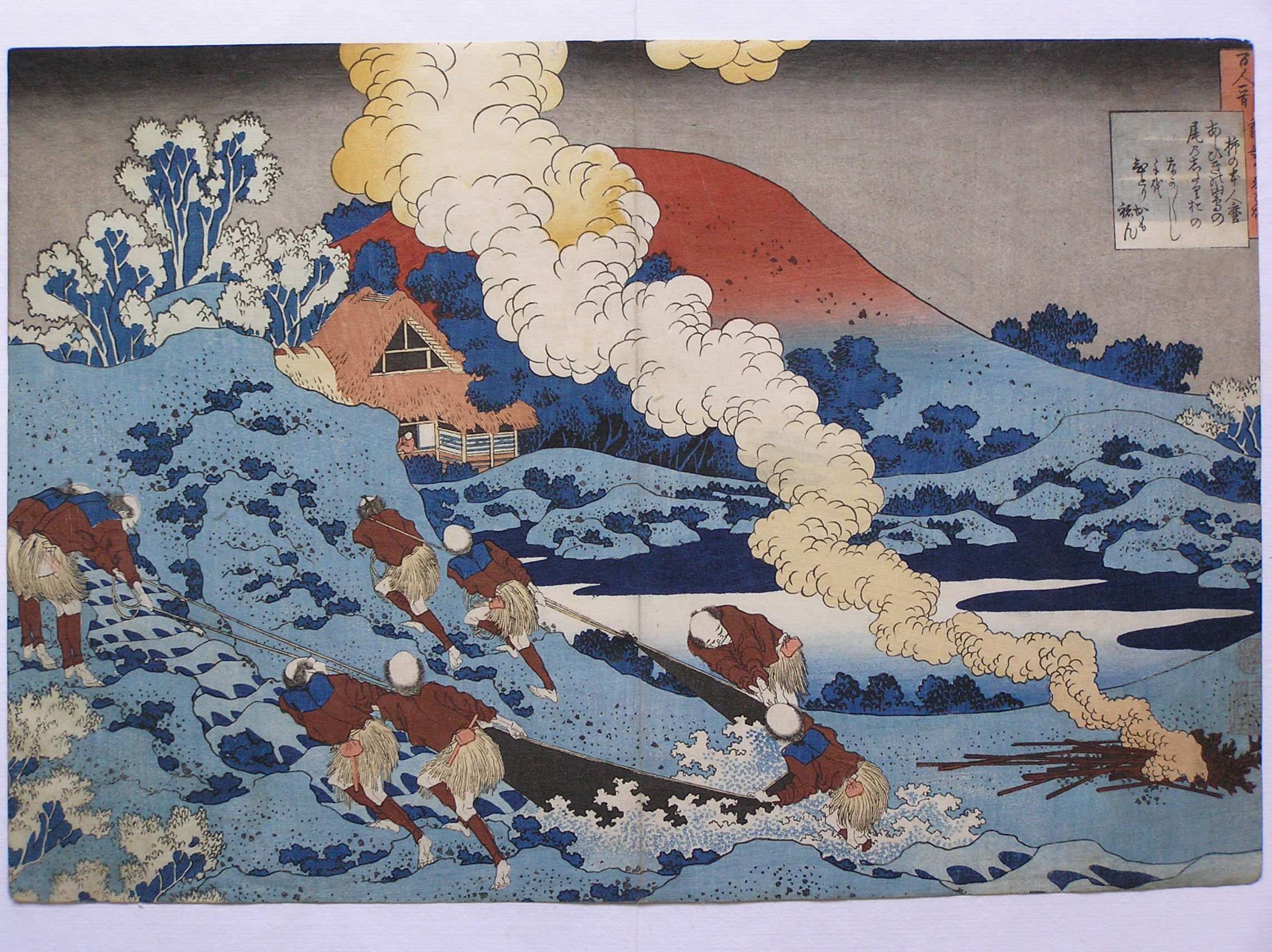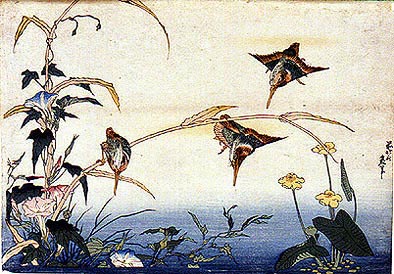Hoary Hedgehog
Ubuntu releases are made semiannually by Canonical Ltd, the developers of the Ubuntu operating system, using the year and month of the release as a version number. The first Ubuntu release, for example, was Ubuntu 4.10 and was released on 20 October 2004. Consequently, version numbers for future versions are provisional; if the release is delayed until a different month to that planned, the version number changes accordingly.Ubuntu releases are timed to be approximately one month after GNOME releases, which are in turn about one month after releases of X.Org, resulting in each Ubuntu release including a newer version of GNOME and X.
Hoary Hedgehog
Hoary Hedgehog










.jpg/220px-Thomas_Hobbes_(portrait).jpg)






































